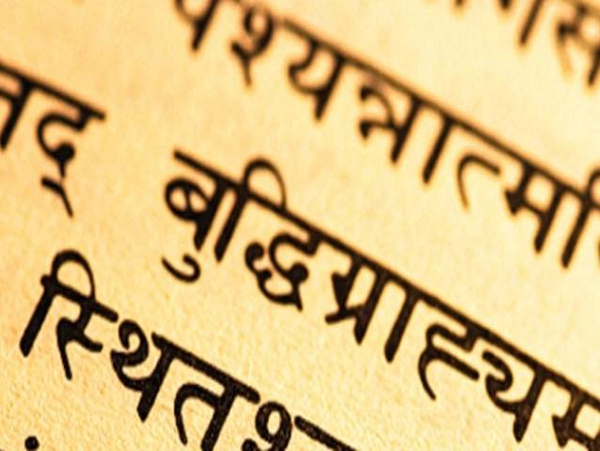The Centre has asked all universities in the country to translate their learning material and literature into all Indian languages as a part of the government’s Azadi ka Amrit Mahotsav (AKAM) celebration to mark 75 years of India’s independence. The universities have been asked to chalk out plans with a timeline by November 20, according to a letter to them from University Grants Commission secretary Rajnish Jain dated November 2.
The letter is a follow-up to the decision, which was taken during a meeting chaired by Union education minister Dharmendra Pradhan on August 31 to review the events being planned by his ministry under AKAM. “One of the actionable plans identified under the ongoing celebration was to translate the existing learning material and literature in all Indian languages. It has also been recommended by the national education policy (NEP) 2020,” a senior official in the education said, asking not to be named.
Jain’s letter, addressed to the vice chancellors of all universities, including central and state universities and private universities, asked them to come up with a plan and timeline and send it to the commission by November 20. “As you are aware, the National Education Policy (NEP) 2020 also emphasises on expanding India’s translation and interpretation efforts in order to make high quality learning materials and other important written and spoken material available to the public in various Indian languages. Such an activity would give students and faculty both a sense of unity and the beautiful cultural heritage and diversity of India.”
Officials at several universities said they will discuss the matter in the coming days. “It will be a massive task to translate each and every thing available in English or any other language into other Indian languages. We will have to plan it strategically. We will conduct a meeting with university officials and decide how to go ahead with the task,” said a senior official at the Jawaharlal Nehru University in Delhi.
An official in Delhi University also said they will discuss the plan with their colleagues and come up with a plan. A senior official at Jamia Millia Islamia said, “We welcome the step. But we can only chalk out the plan after getting more details on it.”
A second senior education ministry official said that the National Mission on Education through Information and Communication Technology (NMEICT), a centrally funded initiative, has also been translating existing digital study material for higher education institutions in regional languages. “It’s not possible to teach in regional languages in central universities catering to the students from across the country. Therefore, it is very important to have study material available in all local or regional languages available at least in online format. The NMEICT is doing that work and it has almost translated the online study material available for first year students,” added this person.
This year, for the first time, the All India Council for Technical Education (AICTE) has given approval to 20 engineering colleges across 10 states to offer select undergraduate courses in six regional languages. The AICTE also translated study material in these six regional languages.
NEP 2020 advocates teaching in the mother tongue up to Class 5, and suggests that textbooks shall be made available in local languages/mother tongue. For higher education institutions, NEP 2020 recommends the use of mother tongue/local language as a medium of instruction, and bilingual programmes in order to increase access and also to promote the strength, usage, and vibrancy of all Indian languages.
You may also like
-
Navigating India’s Skill Landscape
-
IIFT Tops Worldwide in LinkedIn Global MBA Ranking 2024 in Networking, Holds 51st Position Among Top 100 Programmes
-
WorldSkills 2024: 60-Member Contingent of Team India Reaches Lyon, France
-
Extension of Last date to Submit Applications (Fresh & Renewal) Under National Means cum Merit Scholarship Scheme
-
National Exit Test (NExT) for Ayush to be Effective from 2021-2022 Batch: Union Minister of Ayush Shri Prataprao Jadhav
